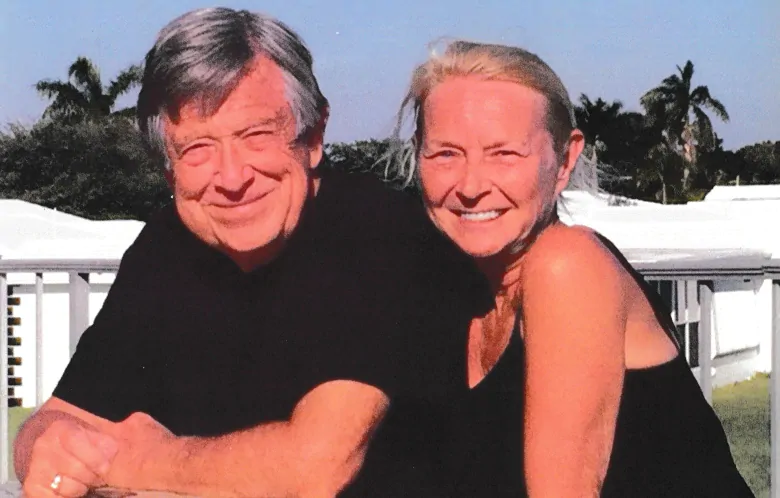Canadian, Danielle Larocque has terminal uterine cancer. Her one wish is to reunite with her American fiancé, Charles Emch, before it’s too late. But the couple remains apart due to Canada’s COVID-19 travel restrictions.
It’s a heartbreaking story.
Canadian Danielle Larocque has terminal uterine cancer. Her one wish is to reunite with her American fiancé, Charles Emch, before it’s too late.
“I really, really miss him,” said Larocque, 67, who lives in Ottawa. “I have been told I have less than a year [to live].
We’re hoping if he can make it here, that I can end my life with him.”
But the couple remains apart. That’s because, to help stop the spread of COVID-19, Canada has banned foreigners from entering for non-essential travel.
On top of that, the U.S. land border is closed to Canadian visitors. Canadians can still fly to the U.S., but Larocque can’t, due to her ill health.
That leaves daily Facetime calls as the couple’s only solace.
“We want to be together,” said Emch, 81, who lives in Pompano Beach, Fla. He said he will take a COVID-19 test and is fully prepared to self-isolate for 14 days — if Canada would just let him in.
“It’s important that I come now … because of how fragile her life is.”
The common-law conundrum
Canada’s travel restrictions have caused heartache for many cross border couples who remain separated during the pandemic.
The federal government recently revised its rules to allow foreigners to visit immediate family in Canada, including spouses and common-law partners.
But that doesn’t help unmarried couples like Larocque and Emch, who can’t meet the criteria.
“It makes me sad because of the situation I’m in,” said Larocque.

To qualify as common-law, couples must have lived together for at least one year and prove it with documentation showing a shared residence.
Larocque and Emch say they have been together for five years, but have split their time between each of their own homes in Ottawa and Pompano Beach — so they have no paperwork showing a shared address.
The couple did get engaged — by

